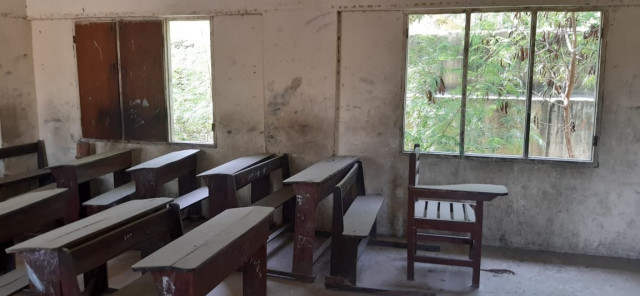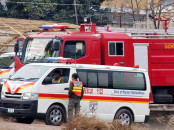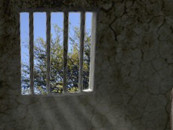Report shines spotlight on unregistered private schools
ITA-UNESCO study recommends strong oversight to check phony educational institutions

A new study has turned the spotlight on the mushroom growth of unregistered private schools — 18 per cent at the primary and 14 per cent at the lower secondary level — which function without regulation and registration with government regulatory bodies.
The “Global Education Monitoring Report 2022, non-state actors in education, who chooses who loses” conducted by Idara-e-Taleem-o-Aagahi (ITA) in joint collaboration with United Nations Educational, Scientific and Cultural Organization (UNESCO), revealed a rapid proliferation of private educational institutions across the country, which “required stronger oversight to ensure that quality and equity were not put at risk.”
The report said that of the 5,000 total schools in Rawalpindi, two-thirds of private schools had no registration. It said that according to the 2016-17 private school census, some 54,000 private schools offered pre-primary education in Punjab under various categories such as pre-nursery, nursery and prep.
The report said that a majority of programmes and schools per se function as unregulated entities, without government supervision and oversight.
It said that less than three per cent of the GDP is being spent on education for the last 12 years. Due to this, the report said, public sector schools could not ensure the provision of quality education.
“Private education has grown to fill the gaps. One-third of students in Pakistan attend privately funded schools with 45 per cent of those in private schools and 25 per cent in state-run educational institutions in urban areas paying for additional private tutoring.” The report said that overall, eight per cent of students were enrolled in religious seminaries/schools.
The report highlighted the exponential growth of private tuition centres and educational technology institutes in the country, predominantly due to rapid growth in the labour market and the resultant competitiveness in the education system.
As compared to other south countries, it added, a franchise model of tutoring is prevalent in the country, with companies or academies running schools and tuition centres and developing their own curriculum and textbooks.
The report further noted the stark disparities in learning outcomes between the students of private and state-run educational institutions. “Those attending private institutions consistently score significantly higher than those enrolled in the state schools where the student-teacher ratio is as high as 92:1.” It said that COVID-19 exacerbated the existing issues in the education system of the country.
Published in The Express Tribune, November 8th, 2022.



















COMMENTS
Comments are moderated and generally will be posted if they are on-topic and not abusive.
For more information, please see our Comments FAQ